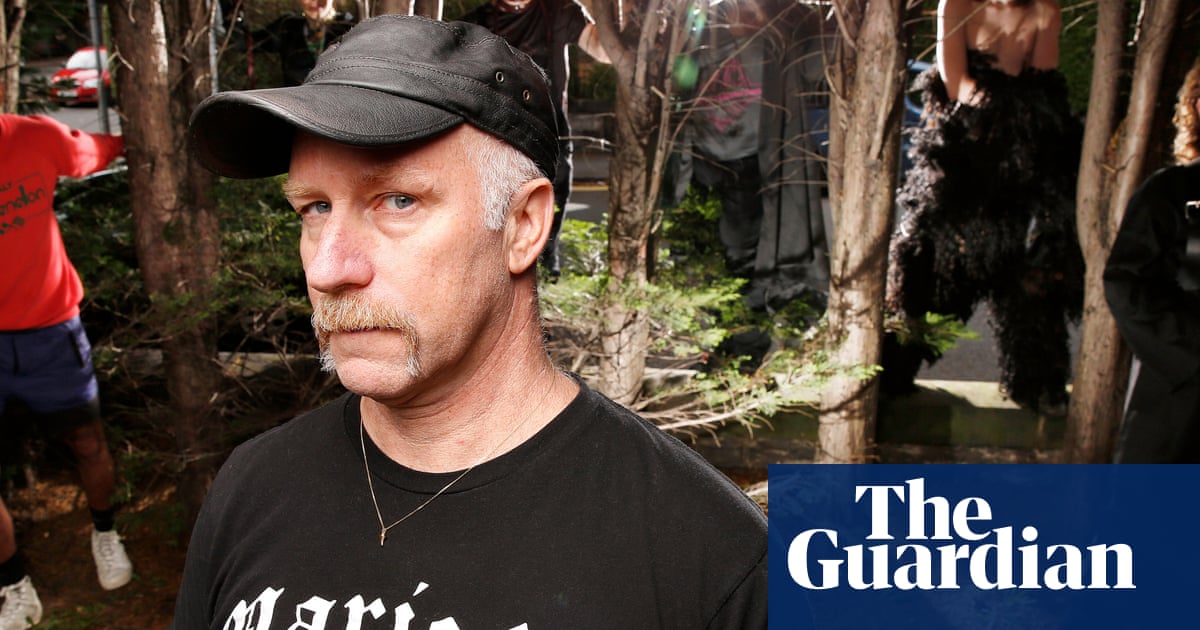
"I'm not a big fan of rock memoirs they're the most predictable, name-droppy, sub-literature experiences. The Royal We certainly isn't name-droppy Bottum doesn't even use the surnames of his bandmates. And while he outlines the group's origins and early development, this takes a back seat to his youth escapades in San Francisco, before the internet, before that city got ruined."
"I was having sex with men when I was very young, 13 or 14, he says. It was such a taboo, and that set the tone of my life. In the memoir, episodes involving his cruising public toilets and parks as a teenager are recounted unflinchingly and unapologetically. I had sex with older men in bushes, he writes. Shamefully at first, proudly later. Fuck off."
"With Trump in power, my truth needs to be shouted loud, to combat the racism, the anti-trans and homophobic mindsets. He pauses. I want to be provocative. I have relatives who are Christian people, and it's absolutely my intention to ruin their Thanksgiving dinner with this book. Because they'll all read it. San Francisco was an abrupt about-face from the sunny superficiality of LA. Cold. Dark. People with dyed black hair and white faces, people doing crystal meth and heroin."
Roddy Bottum set out to avoid conventional, name-dropping rock memoir clichés and omits bandmates' surnames. The narrative emphasizes his teenage relocation from Los Angeles to a darker San Francisco and minimizes the band's early history. The book focuses on Bottum's sexual awakening, including cruising public toilets and parks and encounters with older men, framed as initially shameful and later a source of pride. Bottum intends deliberate provocation to challenge racism, anti-trans attitudes and homophobia during the Trump era and expects the memoir to unsettle conservative relatives. The account contrasts San Francisco's bleakness with LA's sunny superficiality.
Read at www.theguardian.com
Unable to calculate read time
Collection
[
|
...
]